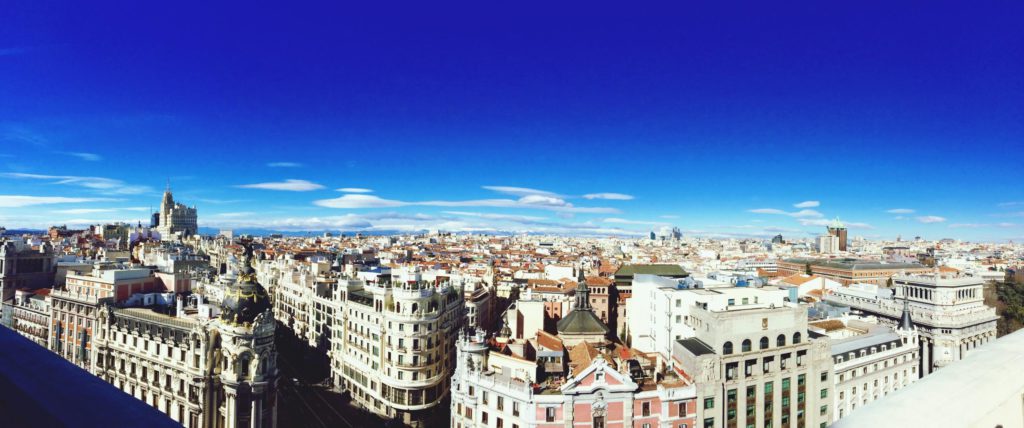Madrid lifts its ban on heavily polluting vehicles
01 July 2019

1 July 2019
Madrid’s new government has suspended its ban on polluting cars entering the city, the first reversal since such legislation started sweeping across Europe.
The reversal comes as recent figures revealed that CO2 levels in Europe continued their upward trend last year. Protests have spread across the Spanish city following the news, with concerns that the new ruling is bringing the area in line with the US, where President Donald Trump has pulled back on numerous environmental policies.
Last November Madrid’s then far-left government banned most petrol and diesel cars from its centre to tackle high levels of nitrogen dioxide. The policy was known as ′Madrid central’, and it was intended to bring Madrid into line with EU clean air rules, which it had been violating since 2010.
Citizen needs
The new city hall run by the conservative People’s Party suspended fines on cars entering the currently restricted area of around five square kilometres from 1 July, while it reviews the plan to make it ′compatible with citizens’ mobility needs’.
Various European cities including Paris, Amsterdam, London and Oslo have started to penalise or ban older polluting cars, both petrol and diesel, as they seek to phase out all fossil fuel vehicles in the coming decade. In Germany, cities including Hamburg, Stuttgart and Frankfurt have placed bans on older diesel vehicles only.
Environmental groups, including Greenpeace, say the ′Madrid central’ measure slashed air pollution levels from car emissions in the centre to record lows.
Protest demands
′Yes we can, I do want Madrid central,’ chanted the protesters. Some were holding banners that read: ′I want to breathe free’ and ′we aspire to have a Madrid without smoke’, according to news agency Reuters.
′We have to save (the planet) starting at the local and small level, the first thing is Madrid’s centre,’ said one protester. They also added their concerns that the new Madrid government might have some similar ideas to Trump’s rollback of environmental policies, such as weakening rules limiting carbon emissions from power plants and standards on harmful gas emissions from cars and trucks.
When the ban was introduced in November last year, only residents and public transport vehicles could enter, with the administration hoping the move would reduce nitrogen dioxide (NO2) levels by 40%.
Non-residents and taxis needed an environmental badge to drive across the boundaries marked on the streets with red lines. Only petrol vehicles registered in 2000, and diesel vehicles from 2006 could receive the badge.
CO2 rising
According to figures recently released by the European Automobile Manufacturers Association (ACEA), CO2 levels rose again last year. After a steady decline from 2010 to 2016, by almost 22 grammes of CO2 per kilometre (g/km), average emissions from new passenger cars increased in 2017 by 0.4g/km. According to the provisional data, the upward trend continued with an additional increase of 2.0g/km in 2018, a rise of 1.6%.
The European Commission has warned Spain that it would face sanctions and a possible lawsuit if it fails to meet air quality standards in its largest cities of Madrid and Barcelona.